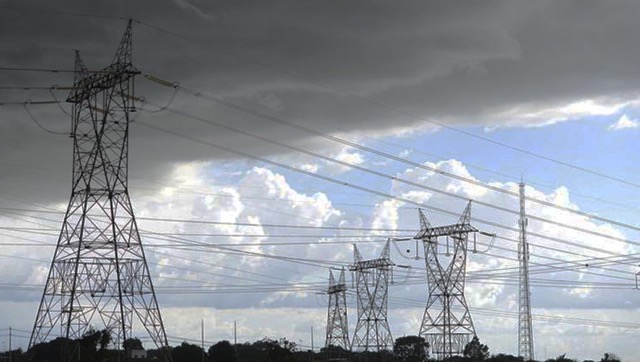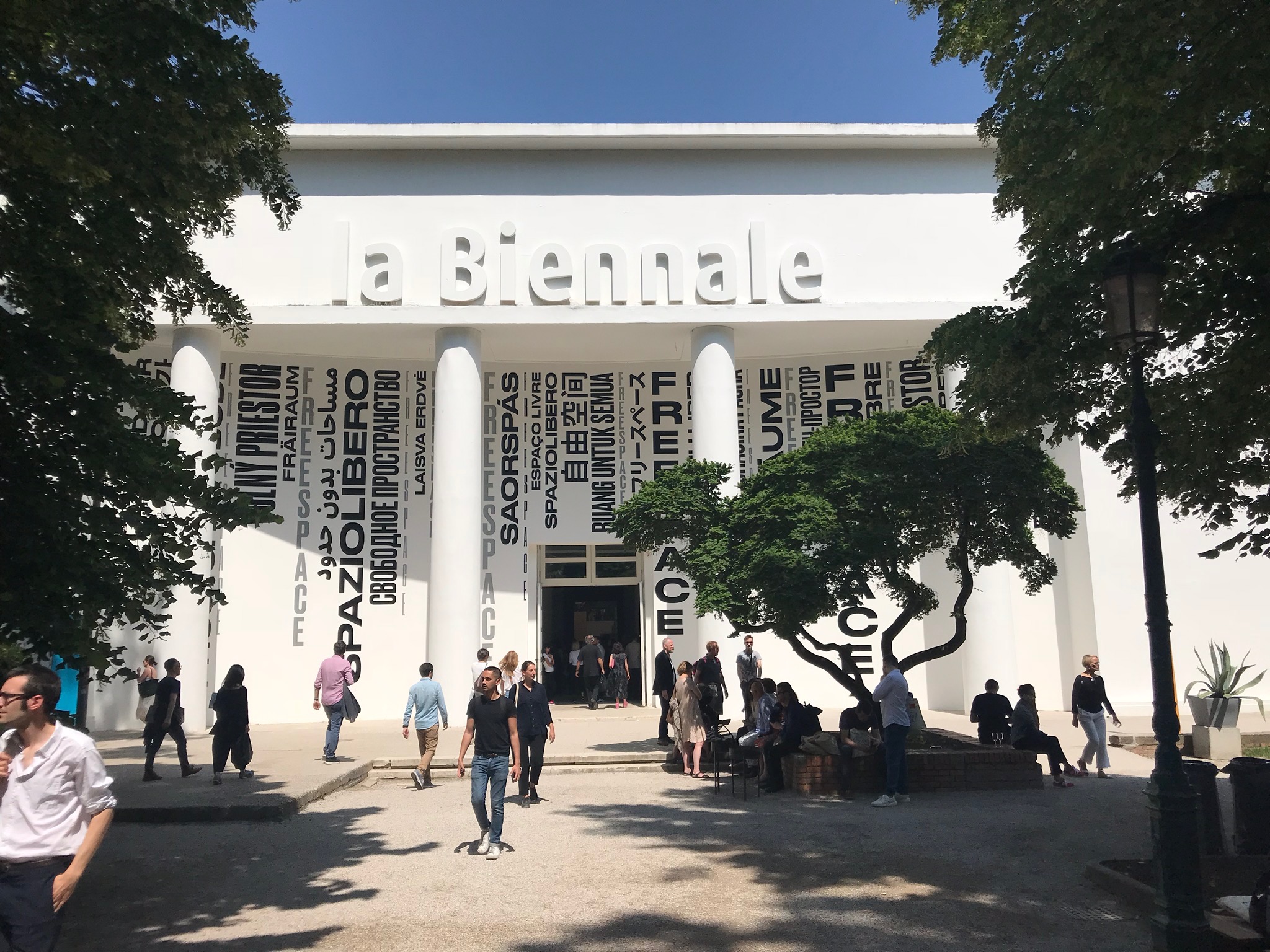In 2018, Eletropaulo, Brazilian main electricity distribution company,received three public offers for its acquisition. At that point, the company had its capital pulverized and its shares traded in the stock market. Italian company Enel and Spanish capital controlled Neoenergia remained as the final contenders in the dispute. In June 2018, Eletropaulo traders accepted Enel’s proposal: 73,38% of its 167 million shares were bought by the italians for the amount of 1,5 billion dollars. As highlighted by Italian media, Enel conquers South America, succeeding with its public offer, which was conditioned to the acquisition of 50%+1 of all Eletropaulo shares. In other words, the sale could only have happened by granting Enel’s control over Eletropaulo, gaining ground against the Spanish capital – its biggest competition in South America. The Eletropaulo conquest by the Italian capital seems to be a piece of a bigger plan, in the seek for global expansion. As noticed, Enel is already present in 35 countries around the world, responsible for 63,5 million people’s access to electricity.
Eletropaulo is currently the biggest Brazilian electricity distributor, responsible for 24 municipalities, including the city of São Paulo. This means more than 18 million people, more than 1,5 thousand consume units per square kilometre, and a gross revenue of almost 5,9 billions dollars in 2016 only. Enel runs into a very important market, and this could generate some concerns about implications over the rates, or about the economic-financial balance in the management of electricity services. However, in Brazil the electricity distribution is regulated and monitored by the Electricity National Agency, ANEEL.
Since electricity distribution is to be considered as a key element to urban development, this episode could therefore give space to at least two kinds of discussion about Brazilian cities.
Civil society could be worried about Italian’s preferences and its participation in the construction of Brazilian political phenomena, revealing the overlapping between institutional arrangement, organized interests, State relational tissue, electoral disputes, and the subsequent impact over public policy formulation and urban services regulation, both central to understand the urban inequalities.
On the other hand, the civil society could be worried about the denaturalization of institutional arrangements and decision-making processes, in order to understand the general character of Brazilian public institutions, facing them as a producer and product of international capital participation in social dynamics of a peripheral country, discussing the limits and potentials associated to the accomplishment of social rights resulting from the provision of urban services and social production of urban space.
As a whole, the public debate can bring light to different meanings to the purchase of the Brazilian biggest electricity distributor by the Italian capital. In general, the theories point out that the conquest of Eletropaulo can inaugurate disputes around (i) electricity distribution policies and regulation; (ii) urban services taxation and provision; (iii) urban infrastructure expansion and attendance, for example. Regardless the public debate focus, discussing about this theme could be central to the collective understanding of Brazilian urban development and the possible ways to deal with urban inequalities.
Article originally published on http://www.justificando.com/2018/06/08/a-conquista-da-eletropaulo-pelo-capital-italiano-e-a-cidade/, Jun. 2018. Translation: Jan. 2019.





